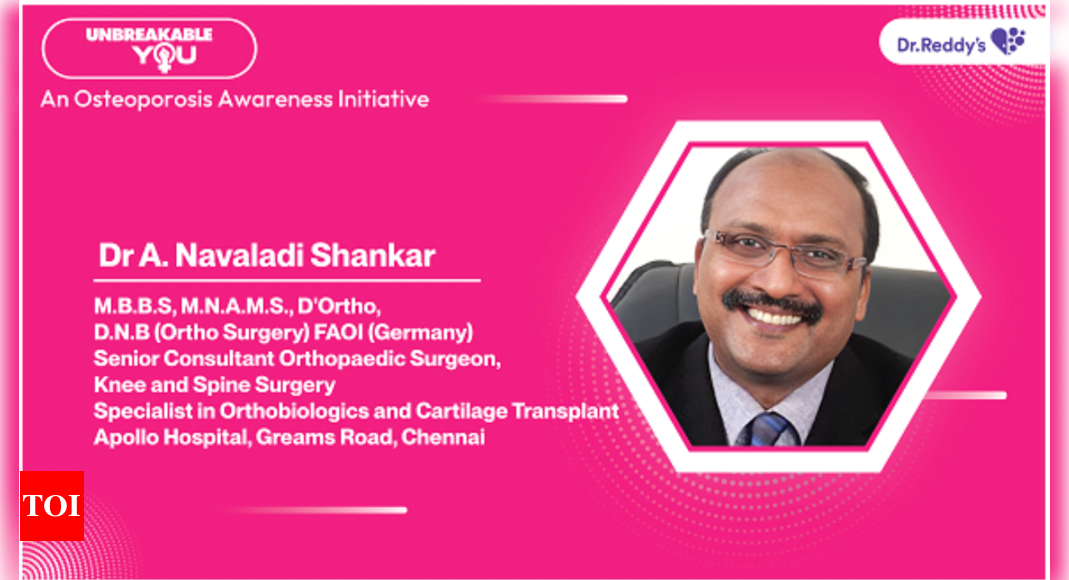WAUSAU, Wis. (WSAW) – Colorectal cancer is the second most common cancer for women and men here in Wisconsin.
Colorectal cancer often develops without any symptoms at all, that is why awareness and early detection is key. Some people believe that screenings can be scary, but doctors say they shouldn’t be. Here are a few different screening options, two options are a FIT or Cologuard test. These comfortable at home tests are good for awareness but are poor at finding polyps and can’t remove them. The most well-known and effective way is a colonoscopy, it’s a little less comfortable procedure that allows doctors to examine the colon and remove any cancerous growths.
“It’s been shown that if we remove polyps from somebody, we reduce their risk of colon cancer by 90%. So not only is a colonoscopy a good screening tool, but it’s a useful treatment tool too, to reduce somebody’s risk of cancer,” said Dr. Heather Osterbrink, general surgeon, Aspirus Health.
She says the procedure takes anywhere from 20 minutes to about one hour, most people are awake in less than an hour and ready to go home the same day.
You can also make some lifestyle changes before you get the disease to also help lower your colon cancer risk. One way is by increasing our fiber intake, they say at least 10 to 15 grams per day. Eating a balanced diet can also help, like eating more fruits, vegetables, whole grains, lean protein, among others. Watch out for processed meats, red meats, and sugary drinks. Smoking is a major risk factor for colon cancer as well. Here’s some symptoms of colon cancer you can look out for.
“Many colon cancers are asymptomatic, even if they are fairly advanced, but changes in bowel habits, bleeding with bowel movements, weight loss can be signs of colon cancer,” said Osterbrink.
The colon cancer screening age begins at 45, unless you have a family history or conditions like Crohn’s disease or ulcerative colitis, if you have these conditions, you may need to be screened earlier.
Copyright 2025 WSAW. All rights reserved.


